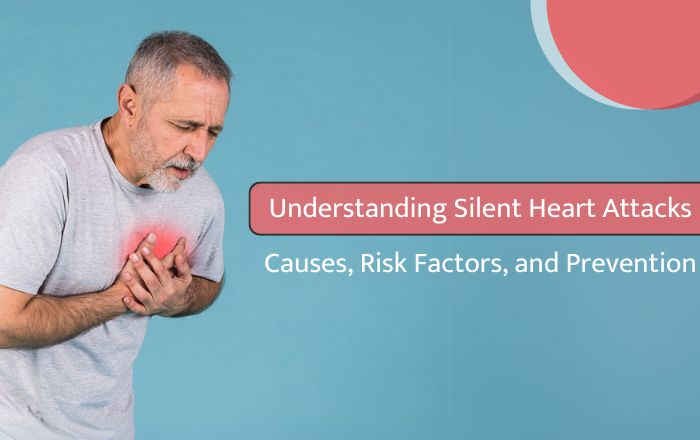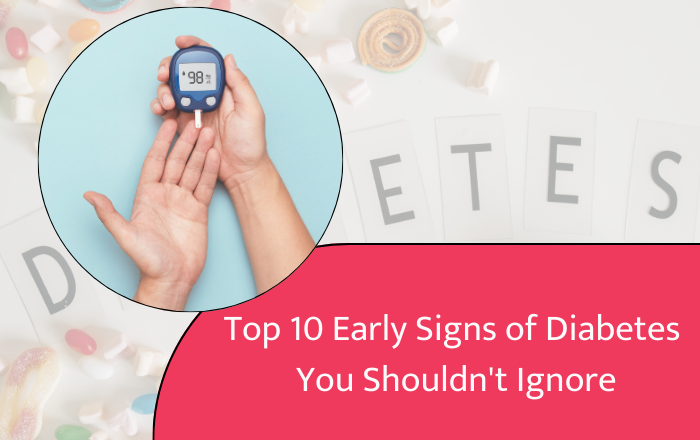When we think of heart attacks, we imagine sudden, intense chest pain and immediate medical emergencies. However, there’s another type of heart attack that’s often less obvious yet equally dangerous – the silent heart attack. This condition goes unnoticed because it lacks the classic symptoms, leaving individuals unaware that their heart health may be compromised. Here’s a thorough look at what silent heart attacks are, their causes, risk factors, and ways to prevent them.
What is a Silent Heart Attack?
A silent heart attack, or silent myocardial infarction (SMI), is a heart attack that occurs without the typical, easily recognizable symptoms. Unlike regular heart attacks, silent heart attacks often do not cause extreme chest pain, shortness of breath, or sweating. Instead, they may present as mild discomfort, fatigue, or minor aches, which are frequently mistaken for other less severe issues, like indigestion or muscle strain. Silent heart attacks may be less noticeable, but their impact on heart health can be just as severe, leading to an increased risk of heart failure or future heart attacks.
Causes of Silent Heart Attacks
The underlying causes of a silent heart attack are similar to those of traditional heart attacks. It generally occurs when blood flow to a section of the heart is obstructed, usually due to plaque buildup in the arteries. Over time, the plaque hardens and narrows the arteries, restricting blood flow and potentially causing blood clots. When this occurs, the heart muscle cannot receive the oxygen-rich blood it needs, resulting in damage or, in severe cases, death of heart tissue. Contributing factors include:
- Atherosclerosis: The buildup of plaque in the arteries, leading to restricted blood flow.
- High Blood Pressure: Puts extra strain on the heart and blood vessels, leading to arterial damage.
- Cholesterol: High levels of LDL (bad cholesterol) can contribute to plaque buildup.
- Diabetes: Increases the likelihood of plaque buildup and high blood pressure.
- Sedentary Lifestyle: Physical inactivity leads to obesity, hypertension, and elevated cholesterol.
Risk Factors for Silent Heart Attacks
Since the symptoms of a silent heart attack are not as pronounced, it’s essential to be aware of the risk factors to determine if you may be more susceptible. Key risk factors include:
- Age: Individuals over 60 are more prone to silent heart attacks, as age-related changes weaken the cardiovascular system.
- Gender: Studies indicate that women are more likely to experience silent heart attacks than men, though men generally have higher heart attack rates.
- Family History: If close relatives have had heart disease or attacks, the likelihood increases due to genetic predisposition.
- Obesity: Excess weight leads to high blood pressure, high cholesterol, and increased strain on the heart.
- Chronic Conditions: People with diabetes, kidney disease, and other chronic conditions face a higher risk of experiencing silent heart attacks.
- Smoking: Tobacco use damages blood vessels and contributes to plaque buildup, increasing the risk of cardiovascular diseases.
Symptoms of a Silent Heart Attack
The subtle nature of silent heart attack symptoms makes them easy to overlook. While each person may experience different signs, the most commonly reported symptoms include:
- Mild Discomfort: This may feel like pressure or aching in the chest, but not to the extent typical of a classic heart attack.
- Fatigue: Unusual tiredness without a clear reason can indicate heart problems.
- Shortness of Breath: Difficulty breathing, even without physical exertion, can be a warning sign.
- Indigestion: Feeling queasy, bloated, or experiencing heartburn, which is often mistaken for digestive issues.
- Discomfort in Other Parts of the Body: Mild pain in the arms, back, neck, or jaw could be related to heart trouble.
Diagnosing a Silent Heart Attack
Since silent heart attacks often go unrecognized, they may only be detected later during routine check-ups or imaging tests, such as an ECG or MRI. These tests can reveal heart damage or irregularities that suggest a prior heart attack. For people with multiple risk factors or unexplained fatigue, routine heart health screenings can be valuable in detecting issues before they progress.
Preventing Silent Heart Attacks
Prevention of silent heart attacks focuses on maintaining a heart-healthy lifestyle, regular screenings, and addressing underlying health conditions. Here are the key preventive measures:
- Regular Exercise: Aim for at least 150 minutes of moderate aerobic activity per week. Exercise improves circulation, reduces cholesterol levels, and keeps blood pressure in check.
- Healthy Diet: Emphasize a diet rich in vegetables, fruits, whole grains, lean proteins, and healthy fats. Minimize saturated fats, trans fats, and processed foods that increase cholesterol levels.
- Quit Smoking: Smoking damages arteries and promotes plaque buildup, making heart disease and heart attacks more likely.
- Monitor Blood Pressure and Cholesterol: Regular monitoring and medication, if necessary, can help keep these under control.
- Manage Diabetes: Controlling blood sugar levels can significantly reduce the risk of heart disease in diabetics.
- Regular Check-Ups: Routine screenings can help detect heart conditions early on, especially for those with multiple risk factors.
- Stress Management: Chronic stress increases the risk of cardiovascular issues. Practices like meditation, yoga, and regular exercise can help reduce stress.
When it comes to heart health, timely intervention and specialized care are crucial. Ojas Multispeciality Hospital is renowned for its team of experienced cardiologists who prioritize early detection and effective treatment. If you or a loved one may be at risk of a silent heart attack, consulting with a top Cardiologist in Ravet at a reputable hospital like Ojas can provide peace of mind and exceptional care. With advanced facilities and comprehensive healthcare services, Ojas Multispeciality Hospital ensures optimal heart health for every patient.
By adopting a heart-healthy lifestyle, recognizing the signs of a silent heart attack, and scheduling regular check-ups, you can reduce the risk of severe heart conditions. For any concerns about your heart health, consider Ojas Multispeciality Hospital, where your well-being is always the top priority.





